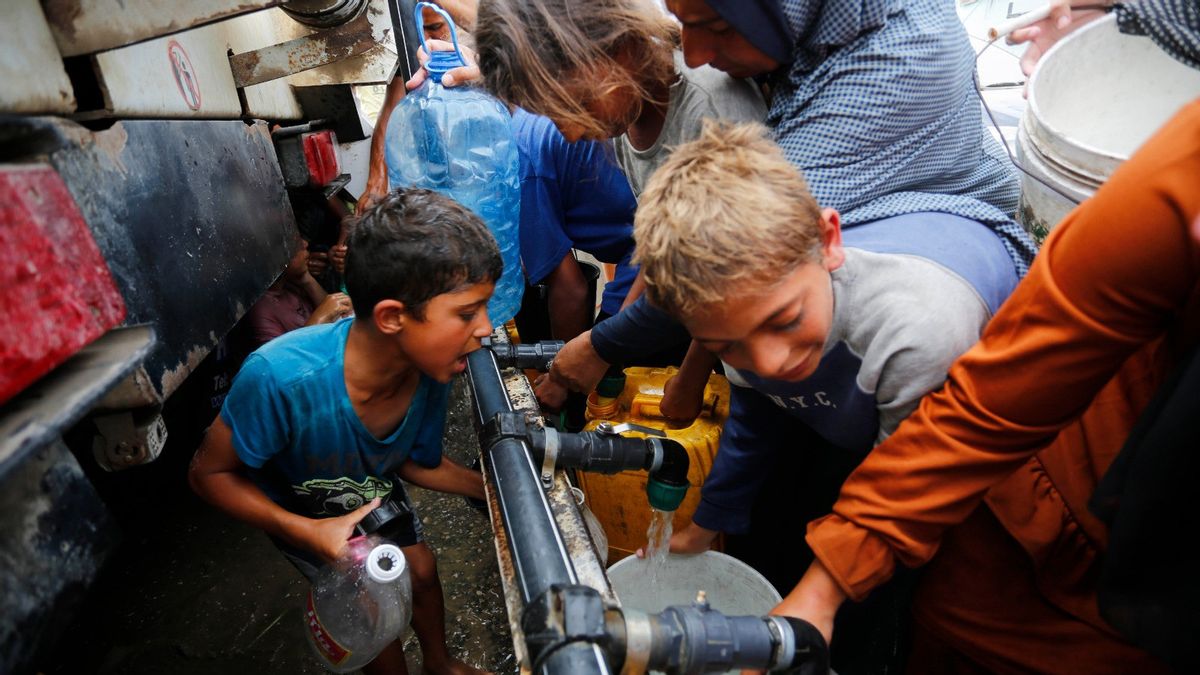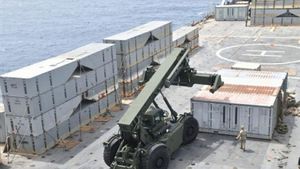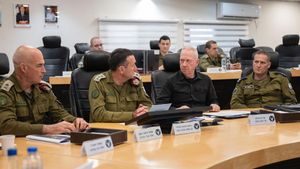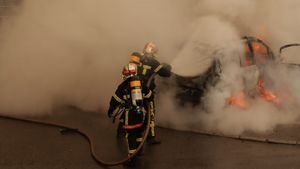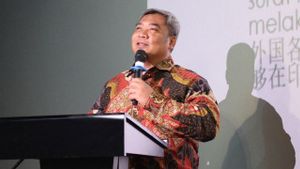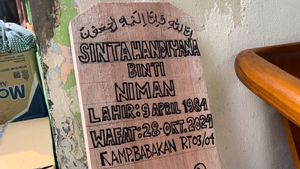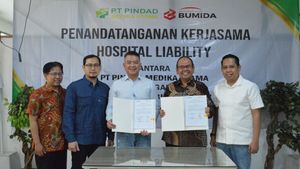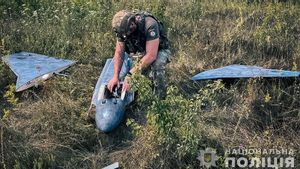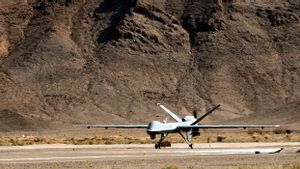JAKARTA - Medical officers in Gaza are trying to increase examinations of small children to note severe malnutrition amid fears of starvation spreading as people flee to new areas.
The International Medical Corps (IMC) aid group and its partners plan to reach more than 200,000 children under five as part of the campaign And Medicine.
"With the evacuation, people live in new locations that do not have access to clean water, or do not have adequate access to food," said Munawwar Said, one of the doctors.
"We are worried that there will be more cases missed," he added.
Over the weekend, many families came to an IMC clinic in downtown Deir al-Balah, which opened after the agency had to close two health centers in the southern city of Rafah due to unsafe situations.
The five-year-old Jana Ayad weighed only 9 kilograms when she arrived, suffering from diarrhea and vomiting, Raghda Officer Ibrahim Qeshta told Reuters.
"My daughter is dying at home," said Nasma Ayad while sitting beside the bed. "I don't know what to do," he said.
Jana's weight began to gain after treatment, medics said, but she was still very thin with her ribs as she lay lethargic in her rabbits.
Staff can measure nutritional levels by measuring the child's arm circumference. During a brief visit of Reuters cameras, at least two measurements were in the yellow band, which indicated the risk of malnutrition.
IMC data so far shows that the most vulnerable are infants and toddlers up to the age of two.
SEE ALSO:
A group of UN-led aid agencies estimate that about 7 percent of Gaza's children may be experiencing acute malnutrition, compared to 0.8 percent before the Israeli-Hamas conflict begins on October 7, 2023.
To date, the worst hunger has occurred in the northern region, and a report backed by the United Nations warned of starvation in March.
But aid workers fear the outbreak could spread to the central and southern regions due to the upheaval surrounding Rafah that has displaced more than 1 million people and hampered supply flows through the southern corridor.
The English, Chinese, Japanese, Arabic, and French versions are automatically generated by the AI. So there may still be inaccuracies in translating, please always see Indonesian as our main language. (system supported by DigitalSiber.id)
